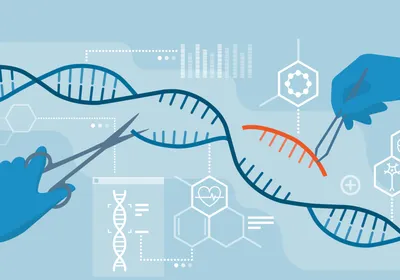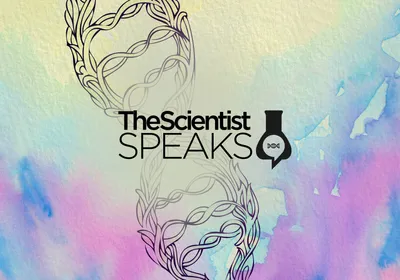Crops and other products made using gene-editing techniques should be subject to the same regulatory oversight as organisms developed with other genetic-engineering methods, according to a ruling by the European Court of Justice today (July 25). In a setback for the biotech industry, judges have decided that foods and other products created by tools such as CRISPR must go through safety and labeling checks that were designed for genetically modified organisms (GMOs) created by traditional transgenic approaches.
The decision “would appear to cause all new genome edited organisms to be regulated as if they were derived from classical ‘GM’ or transgenic methods as developed in the 1980s,” Denis Murphy, a professor of biotechnology at the University of South Wales, tells the BBC. He adds that “this will potentially impose highly onerous burdens on the use of genome editing both in agriculture and even in medicine, where the method has recently ...





















